Corporate Accountability and Public Participation Africa (CAPPA) has trained journalists in the South-East zone on the Sugar-Sweetened Beverages (SSB) Tax and Interference by the sugary drinks industry.
Featuring no fewer than 43 participants including 25 health correspondents and editors from leading media organisations in Enugu, Anambra, Imo, Abia and Ebonyi, the training was organised by CAPPA in collaboration with Global Health Advocacy Incubator (GHAI). It was held at the Exclusive Serene Hotel and Suites, Enugu on July 10 and 11, 2025.
With a faculty comprising leading experts of nutrition, economics, investigative journalism, food and drugs, and public health advocacy, among others, the training equipped the journalists with data and honed their reporting skills to understand and report on the unchecked consumption of sugary drinks and beverages and policies to curb the problem.
CAPPA’s Executive Director Akinbode Oluwafemi emphasised the need for journalists to educate the public on the devastating health impact of sugary drinks, and its implication on Nigerians’ economic future.

Oluwafemi lamented that Nigerians are facing an alarming rise in non-communicable diseases (NCDs) such as Type-2 diabetes, heart disease, and obesity, which were once considered rare, and cut across income levels and age groups.
He said: “Our hospitals are overflowing with patients, our families are burdened with healthcare costs, and our productivity is shrinking. Non-communicable diseases currently account for about 30 per cent of all deaths annually in Nigeria, and over 75 per cent of all deaths worldwide, according to the World Health Organisation (WHO).”
Oluwafemi linked the crisis to a flood of ultra-processed ‘food’ products (UFPs), especially sugar-laden drinks, that masquerade as refreshment, but deliver nothing except harm.
Advocating for an increased SSB tax to discourage consumption, he stressed that there is an aggressive sugary drinks industry that manufactures and profits from these unhealthy diets, deploying misinformation campaigns and lobbying to delay or block life-saving policies and interventions such as the tax.
“The SSB tax is a public health policy that imposes a levy on sugary drinks to discourage excessive consumption, reduce sugar-related diseases, and generate revenue for health promotion. In Nigeria, this tax was introduced in 2021 at ₦10 per litre of any sugar-sweetened, non-alcoholic beverage, and carbonated drinks.
“From the outset, Nigeria’s current ₦10 per litre SSB tax, while well-intentioned, is and has always been ineffective. For a tax meant to increase retail prices and reduce consumption of sugary drinks, ₦10 per litre was simply too small to make an impact.
“Research has shown that an increase of the SSB tax to at least ₦130 per litre is the effective threshold on sugary drinks for Nigeria. This shows that taxing sugary drinks at meaningful levels will save lives, deliver real public health gains and bring Nigeria in line with global recommendations,” Oluwafemi added.
He reminded journalists that public health is a human right, not a privilege to be negotiated with corporate interests, arguing that Nigerians deserve policies that protect their health, not appease multinationals.

“You have the power to inform the public about the devastating health impacts of sugary drink overconsumption. Hold policymakers accountable for delaying or watering down life-saving interventions. Investigate the covert tactics of industry misinformation, scaremongering and lobbying. Shine a light on the communities most affected by diet-related diseases” Akinbode added.
Corroborating him, a Public Health Expert and Professor of Health Promotion and Environmental Health Education, Prof. Olaitan Olukunmi Lanre, emphasised the consequences of continued excessive consumption of sugary drinks.
“SSBs are not just drinks, but a fast-growing public health threat costing lives and billions in treatment,” Lanre said in his presentation titled ‘SSBs and Nigeria’s NCD Burden’. “Regular consumption leads to weight gain, insulin resistance, and increased risk of type 2 diabetes. Unlike solid foods, SSBs lack fibre and are absorbed quickly, causing spikes in blood sugar and insulin levels. High sugar content can lead to habitual consumption making it challenging to reduce intake.
Lanre, the most read Nigerian researcher in his field, linked excessive SSB intake to the rise of NCDs in Nigeria, such as obesity, type 2 diabetes and cardiovascular diseases. The solution, he said, is reduced consumption.

The strategies to reduce SSB consumption, according to the don, include taxation, i.e. taxes on SSBs to increase prices and deter consumption, zero sugar alternatives, clear labelling of sugar content on beverage packaging, limiting SSB advertisements, particularly those targeting young children – don’t catch them young – banning the sale of SSBs in schools and promotion of healthier options.
Other speakers during the training included Joy Amafah-Isaac, Nigeria Coordinator, Food and Nutrition Programs at GHAI, CAPPA’s Assistant Executive Director, Zikora Ibeh, an Economist/Researcher, Austin Iraoye, whose speech was titled, “SSBs and Economic Impact on Household: Cost of Diseases and Effective Taxation”, an investigative journalist, Angela Nkwo-Akpolu, among others.



















